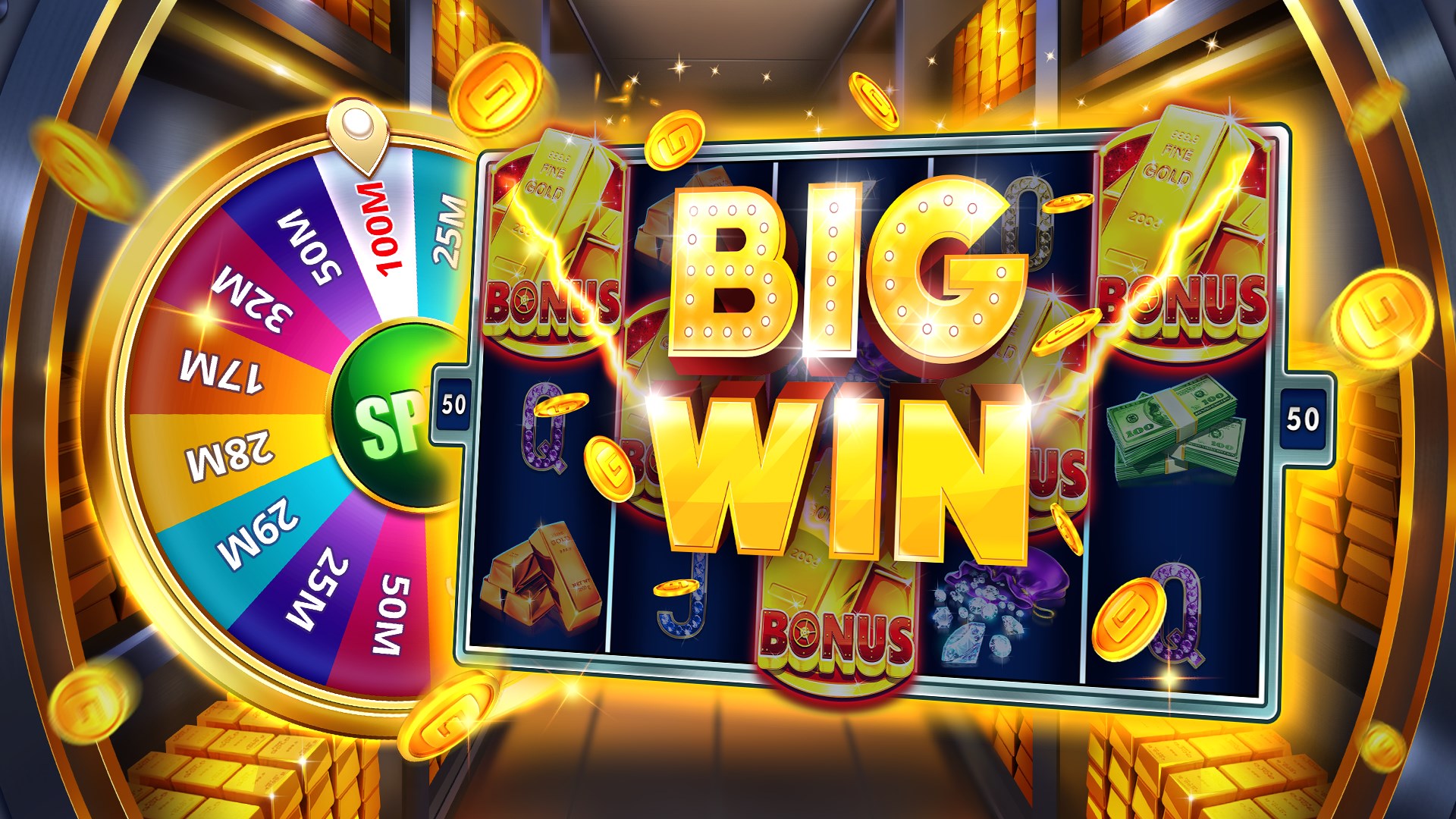Gambling games have enthralled players for centuries, progressing from basic recreational activities to intricate adventures that combine fortune, skill, and amusement. From the historical origins of gambling in cultures like ancient Mesopotamia and Rome to the extravagant corridors of contemporary casinos, the history of these games uncovers much about the human experience and our interaction with chance. As societies have intertwined and technological advancements have occurred, casino games have evolved, mirroring the changes in society and innovations in gameplay. 58win express
The initial iterations of gambling likely included basic dice games and wagering on the results of sporting events. Through the years, these primitive activities grew into more complex games like playing card games, the roulette wheel, and the multitude slot machines that line the floors of casinos today. Each period brought its distinct regulations, aesthetics, and sociocultural significance. At present, casino games continue to evolve with the rise of online platforms, enabling players from all corners of the globe to engage in a collective experience, further merging the traditional with the digital age.
Early Beginnings of Gaming Activities
Gaming activities have origins that reach back to ancient civilizations, where betting was deeply entrenched in cultural traditions and cultural customs. The initial known forms of gambling developed in ancient Mesopotamia around 3000 BC, featuring primitive dice activities made from bone material. These initial games laid the foundation for more complex betting activities, showing humans’ natural urge to find wealth and entertainment through chance.
As societies evolved, so did their gambling pursuits. In ancient Chinese culture, around two thousand three hundred BC, objects were discovered that looked like primitive rudimentary versions of a lottery game activity. More structured instances of betting emerged in the Roman civilization, where games of chance were a frequent recreation, often taking place in social events. The Romans developed different wagering games, which entailed die and table games, highlighting the widespread nature of gambling across various social strata.
With the flow of years, these primitive games contributed to the development of contemporary gambling games. In the medieval period, playing card games grew prevalent in European culture, paving the way for the organized gaming venues we know today. The change from informal gambling to formal gambling in taverns and personal homes marked a major shift in how people engaged with activities of chance, leading to the subsequent creation of casinos as dedicated venues for betting.
The Emergence of Contemporary Gambling Industry
The final 1960s and 1970s marked a significant change in the field of gaming, propelled by technological advancements and changes in cultural attitudes towards betting. The emergence of personal computers and the World Wide Web revolutionized the way players engaged with their favorite games. Virtual casinos emerged, allowing gamers to enjoy classic table games like poker and blackjack from the convenience of their homes. This emerging online environment not only expanded availability to gambling options but also drew in a younger demographic who found the convenience and diversity attractive.
As digital gambling gained momentum, so did innovations in gaming technology. The development of advanced programs and visual elements converted traditional casino games into captivating experiences. Players could now connect with live live dealers through real-time broadcasts, importing the vibe of brick-and-mortar casinos directly into their living rooms. This blending of live gaming with digital interfaces created a novel combination that boosted the social aspect of gambling, allowing it possible for people to connect and compete with fellow gamers around the world.
Furthermore, the growth of mobile gaming dramatically changed the gambling environment. With the widespread use of smartphones and touch devices, gamblers can access their beloved casino games everywhere, whenever. Mobile apps offer a wide selection of options tailored for touchscreens, serving the fast-paced lifestyle of contemporary gamers. This availability has produced rising engagement in casino games, fostering the rapid expansion of the gaming industry. As a result, the prospects of casino gaming continues to evolve, responding to new technologies and shifting consumer preferences.
The Impact of Technology on Casino Games
The evolution of technology has greatly changed casino games, improving the overall experience for players for players around the world. With the introduction of the internet, online casinos were created, allowing players to play their preferred games from the comfort of their homes. This change not only made casino games more available but also increased the variety of games available, as online platforms could host numerous variations of traditional games without the limitations of brick-and-mortar establishments.
The rise of mobile technology further transformed the casino gaming landscape. With the proliferation, players can to engage in casino games anytime and anywhere. This mobility has led to the creation of dedicated mobile applications and optimized websites that offer smooth gaming experiences. Additionally, advancements such as live dealer games have delivered the genuine feel of a casino into players’ living rooms, bridging the gap between physical and online gaming.
Moreover, advancements in AI and virtual reality are leading to the next generation of casino games. AI improves game design and player interaction, creating customized experiences based on user behavior and preferences. Meanwhile, virtual reality offers immersive environments where players can engage in a simulated casino setting, making the gaming experience more engaging and realistic. As technology continues to evolve, the future of casino games looks promising, filled with limitless opportunities for innovation and entertainment.

